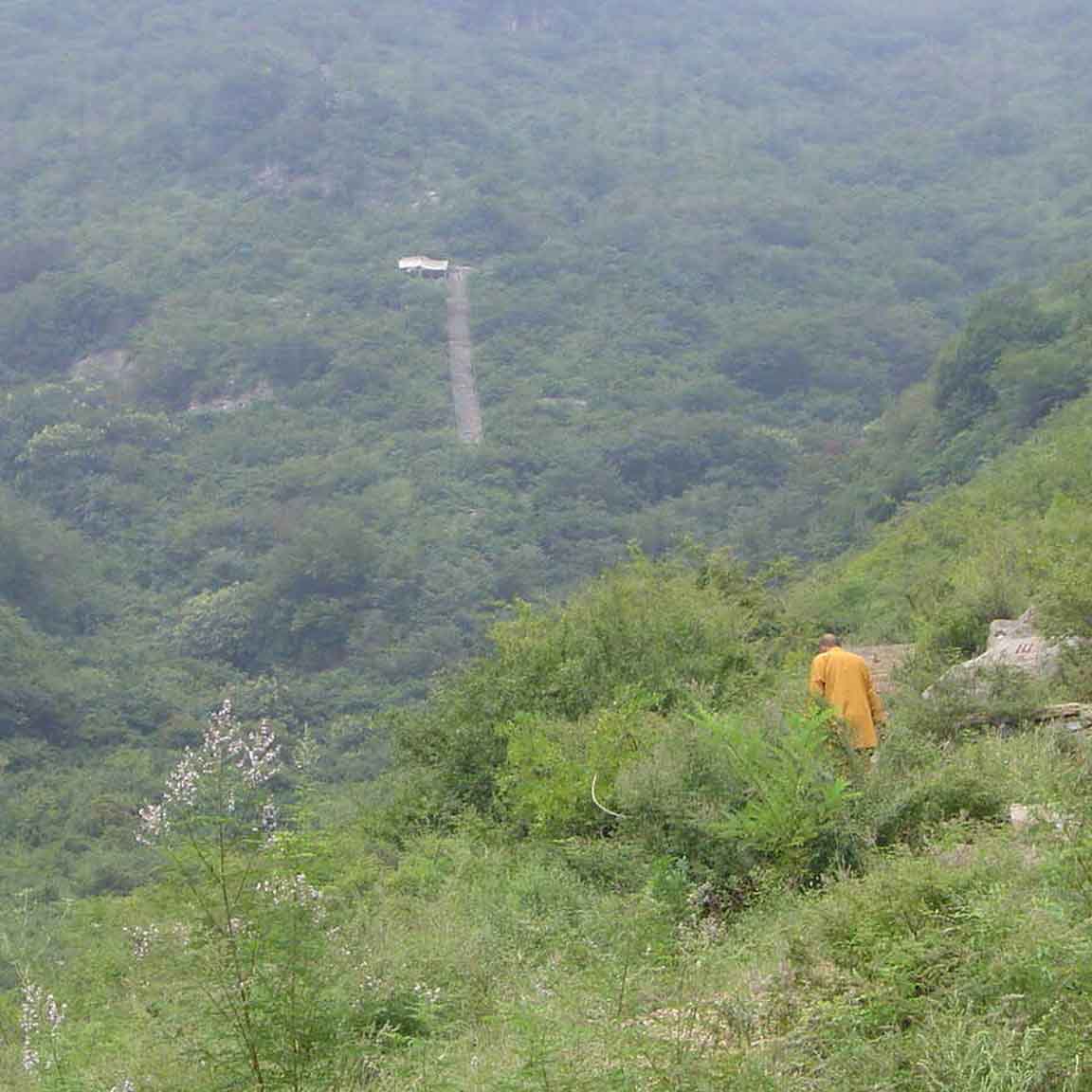First steps

More than 10 years ago I saw the movie "What the bleep do we know!?", the message of which clearly contributed to the first steps of Walking Sage.
The movie introduces the extent to which a person is responsible for what happens to him or her in terms of cellular biology, quantum physics, spirituality and religion. One of its most important messages to me is that we are not the victims but the creators of our destinies. It is up to us what kind of life we live, what we perceive and see around us in the world.
The movie also mentions Masaru Emoto’s (1943-2014) Japanese businessman and author’s experiment with water, illustrating the effect of words and thoughts on water crystals. Since 50-60% of a person's body weight (60% for men, 50% for women) is water, it is worth thinking about how thoughts and feelings affect us as we are entities with spirit and soul, not only a carbon-based physical body "filled with water". It is another question that how skeptical the scientific world was about Emoto’s experiments because, among other things, the experiments were not verifiable, circumstances were not clearly defined, and Emoto was unable to reproduce the results. Regardless of all this, it really touched me how powerfull our thoughts and feelings are in shaping our lives.
Illustrating the cellular, chemical changes that thoughts and feelings cause in our bodies is one of the main chapters in the movie. They show what substances the body produces, for example, when you feel fear or anger. What effect do we see in our cells while watching ourselves constantly as victim? What addictive chemicals does our body produce for certain feelings and emotions that we then want to experience over and over again as we become addicted to the chemicals we produce, such as fear, hatred, victim awareness, and so on?
The message of the movie also appears in different religions. There are many quotations from Buddhism — mostly attributed to the words of Buddha — that tell us that we are, what we think; our thoughts define us; or that reality exists only in our consciousness, ie. reality is what we are aware of. And what we have in mind is (mostly) up to us. To live in a world that is appropriate for us, we need to change ourselves, our inner self, our own consciousness and thoughts, because the world reflects what we have in our mind. Some psychologists also distinguish between individual and collective consciousness, of which - unfortunately (?) - the collective consciousness is stronger, that means if only one has peace in his mind, but the consciousness of the majority is filled with war, then there will be war. It all depends on what in the minds of the individuals and thus the majority is.
To be continued...
